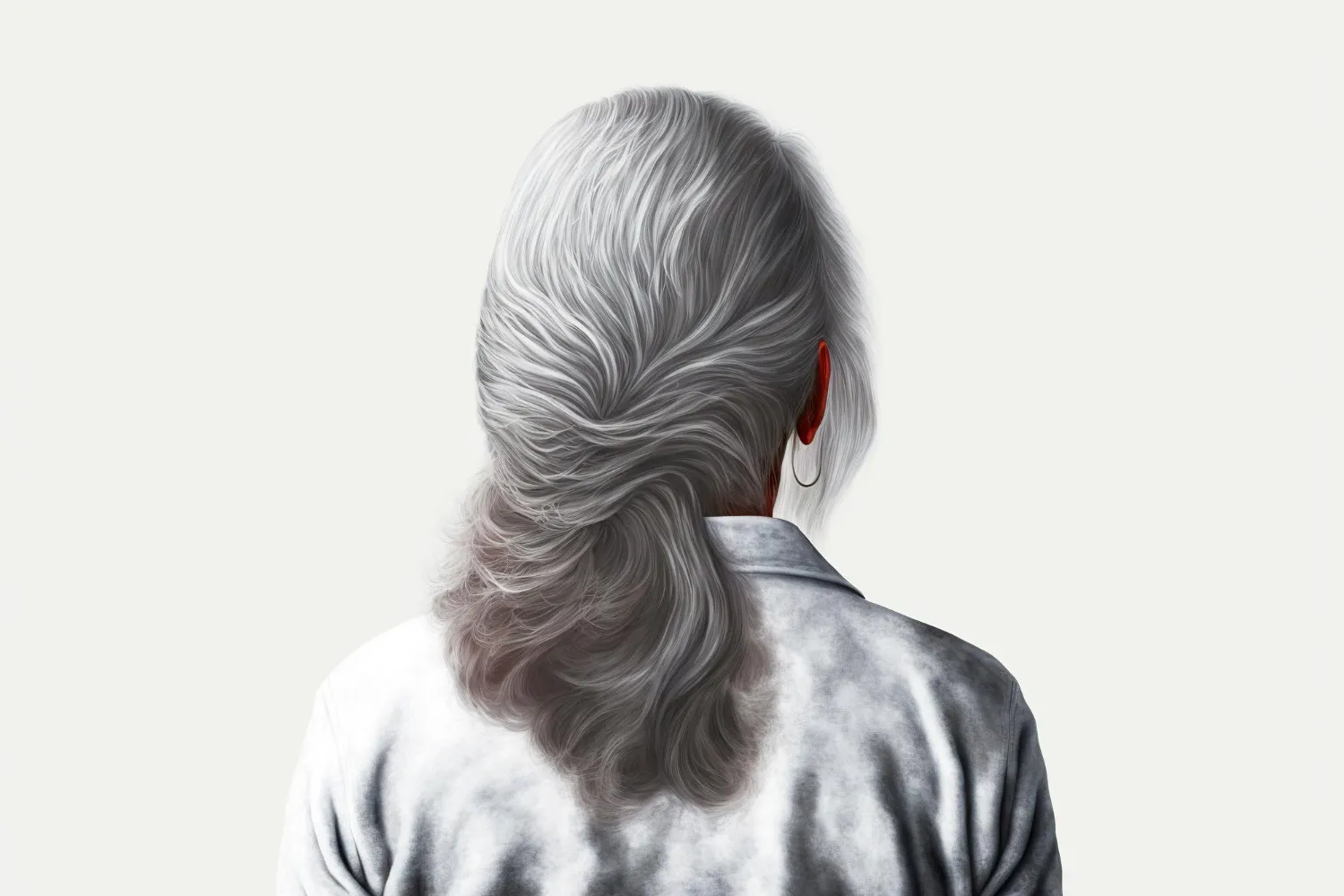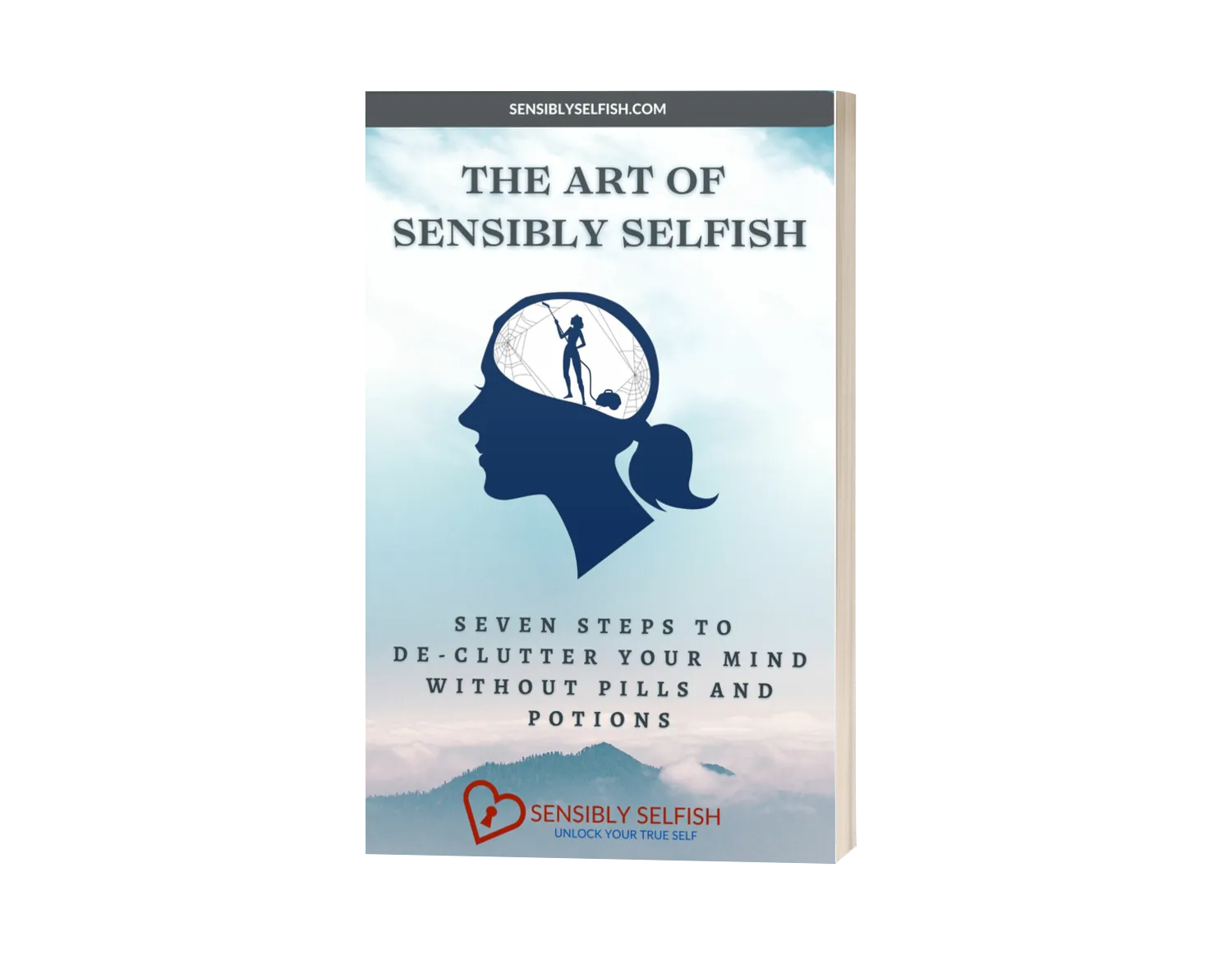Hydration the Fountain of Youth
💧Midlife Magic! 🌟
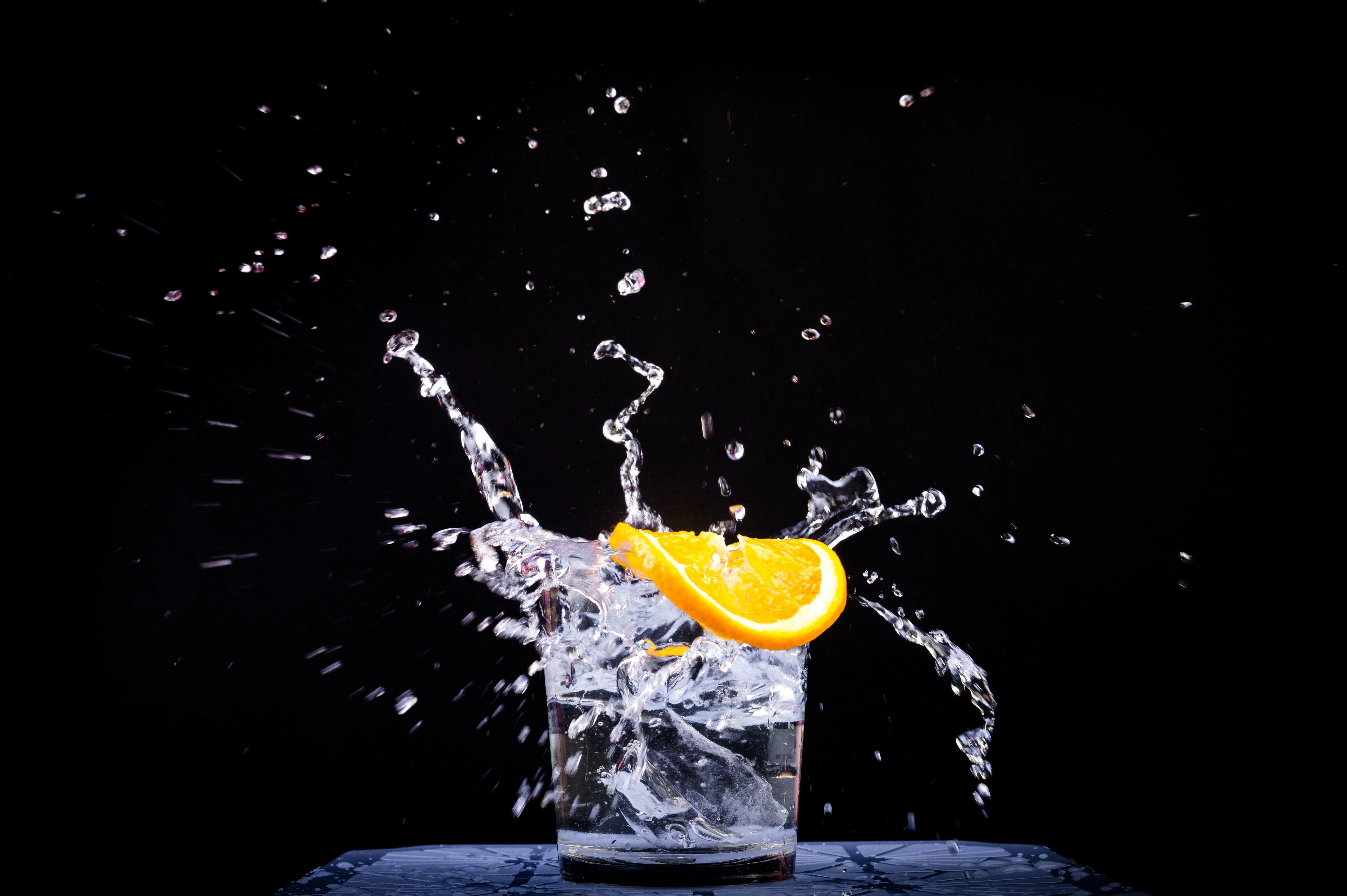
[Toc]
The Importance of Hydration
As women reach midlife, they undergo various physiological changes that can impact their health and well-being. Among these changes, hydration becomes increasingly crucial to support their bodies through this transitional phase. Adequate hydration is not only essential for overall health but also plays a vital role in addressing specific challenges faced by women during midlife. It is thought that 75% of all adults in the US are dehydrated and over 785 million people across the globe lack access to clean drinking water.
During midlife, women experience significant hormonal fluctuations, especially during perimenopause and menopause. These changes can impact hydration needs in several ways. As estrogen levels decline, it can affect the body's fluid regulation, leading to increased water loss through sweat and urine. Hot flashes and night sweats, common symptoms during menopause, can further contribute to fluid loss.
Moreover, hormonal imbalances can disrupt the body's thirst signals, making it easier to overlook the need for hydration. Additionally, some women may experience changes in body composition, such as a decrease in lean muscle mass, which can alter the body's water distribution. Consequently, women in midlife may require more conscious efforts to stay hydrated, as hormonal changes make them more susceptible to dehydration.
By recognizing and addressing these influences, midlife women can ensure they meet their specific hydration needs and maintain optimal health during this transformative phase of life. So, let's explore the significance of staying hydrated and how it can positively influence different aspects of a woman's life.

Fluid Balance
As we age, maintaining proper fluid balance becomes even more critical. Water is an integral part of our body, comprising about 50-60% of our total weight. It is responsible for numerous vital functions, including temperature regulation, nutrient transportation, and waste removal. As women approach midlife, their bodies may experience hormonal fluctuations, which can impact fluid balance. Drinking enough water ensures that these bodily processes continue to function optimally.
Essential for Organ Function
At midlife, supporting the health of essential organs becomes paramount. Proper hydration is crucial for organs like the kidneys, which play a vital role in filtering toxins and waste from the blood. When adequately hydrated, the kidneys can efficiently perform their job, promoting overall health. Additionally, staying hydrated aids the heart in pumping blood effectively, benefiting cardiovascular health, and ensuring that the brain receives sufficient oxygen and nutrients, supporting cognitive function.
Physical Performance
For women who enjoy an active lifestyle, staying hydrated becomes even more crucial. Engaging in regular exercise is an excellent way to maintain strength and flexibility, but dehydration can hinder physical performance. It can lead to reduced endurance, decreased strength, and an increased risk of heat-related illnesses during exercise. To get the most out of physical activities and protect against potential risks, midlife women should prioritize adequate hydration.
Cognitive Function
As women age, cognitive function can be affected by various factors, including hydration levels. Even mild dehydration has been shown to impact concentration, alertness, and memory. At midlife, when many women may experience some cognitive changes, staying well-hydrated can help support mental clarity and sharpness.
Digestion and Nutrient Absorption
Maintaining good digestive health becomes increasingly important as we age. Water plays a critical role in digestion, aiding in the breakdown of food in the stomach and facilitating the movement of nutrients through the intestines and into the bloodstream. By ensuring proper hydration, midlife women can support their digestive system's efficiency and promote better nutrient absorption.
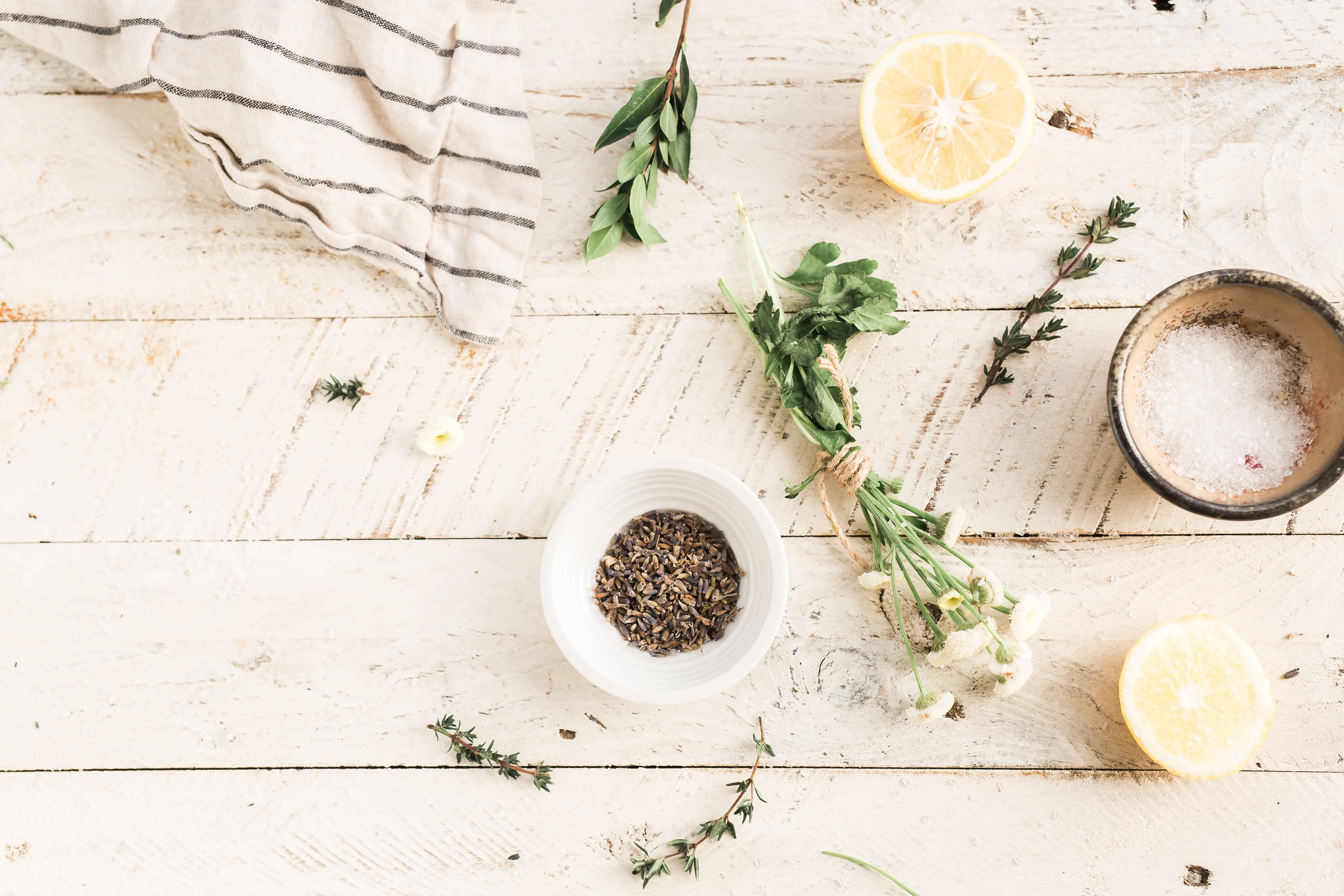
Joint and Tissue Health
As women approach midlife, concerns about joint and tissue health may arise. Proper hydration helps lubricate joints, reducing friction and supporting their mobility. It also plays a role in cushioning organs, protecting them from damage, and maintaining overall joint and tissue health. For women experiencing joint discomfort, ensuring adequate hydration can be an essential aspect of managing such issues.
Skin Health
Skin health is a topic of concern for many women in midlife. Proper hydration is key to maintaining skin elasticity, moisture, and a healthy appearance. Dehydration can lead to dry, flaky skin, exacerbating skin conditions and contributing to premature aging. By drinking enough water, women can nourish their skin from within, achieving a radiant and vibrant complexion.
Elimination of Waste
As our bodies age, the digestive system's efficiency can decrease, leading to concerns like constipation. Staying hydrated is crucial for the proper functioning of the digestive system and helps prevent constipation by keeping bowel movements soft and regular. This is particularly important for midlife women who may experience changes in their digestive health.
Energy Levels
Feeling fatigued or lacking energy can be a common complaint among women in midlife. While hormonal changes and lifestyle factors can contribute to fatigue, dehydration may also play a role. By staying adequately hydrated, women can prevent feelings of exhaustion and maintain steady energy levels throughout the day.
Immune System Support
A strong immune system is vital for overall health, especially as we age. Water plays a role in the production and movement of immune cells, helping the body fight off infections and illnesses. Midlife women should prioritize hydration to support their immune system's resilience and reduce the risk of falling ill.

Case Study: Hazel's Hydration Hype
Hazel, an active 46-year-old, had always prided herself on maintaining a healthy lifestyle. However, after enduring three consecutive bouts of bronchitis, she began to question her well-being. Concerned about her recurring illnesses, she decided to visit her doctor for a thorough checkup.
During her appointment, Hazel's doctor recommended a blood test to investigate any underlying issues. Unfazed by the prospect, Hazel watched attentively as the nurse drew out her blood. To her surprise, the blood appeared dark in color and thick, leaving her puzzled.
Curious about her blood's unusual appearance, Hazel inquired about it. The nurse gently explained that her blood indicated signs of dehydration. Hazel hadn't realized the impact dehydration could have on her health, and this revelation sparked her curiosity to learn more.
The nurse advised Hazel to up her water intake and maintain proper hydration. Taking the advice seriously, Hazel made a conscious effort to drink more water throughout the day. She carried a water bottle with her everywhere and set hourly reminders to ensure she stayed hydrated.
To her delight, Hazel noticed positive changes almost immediately. As she stayed consistently hydrated, her energy levels increased, and she felt more alert and focused throughout the day. Most importantly, she has not fallen ill since upping her water intake.
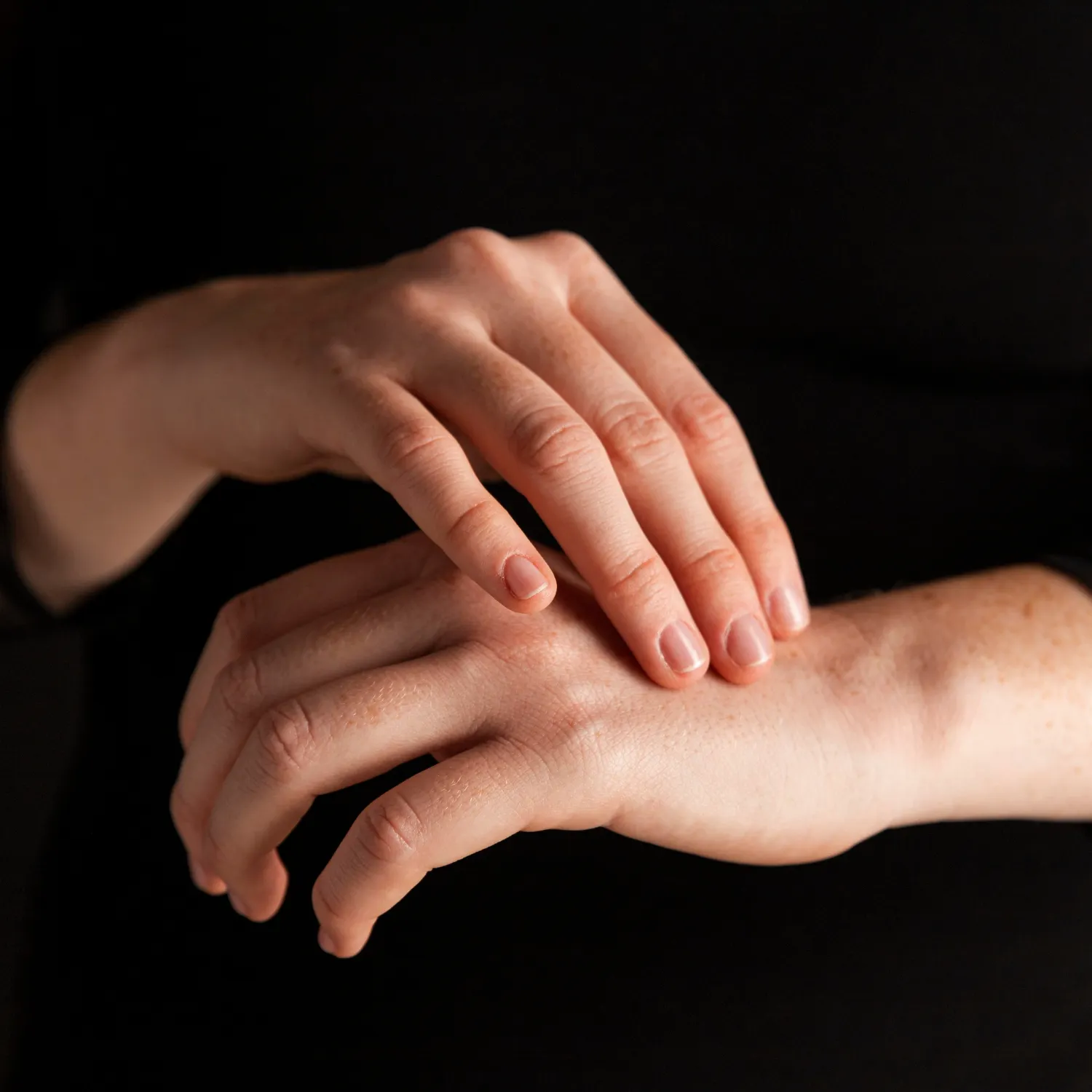
How to Check If You Are Dehydrated
Staying hydrated is essential, but sometimes our busy lives and changing bodies may cause us to overlook our fluid intake. Dehydration can occur more easily than we realize, especially for women in midlife. Thankfully, there are several simple ways to check if you might be dehydrated. By being mindful of these signs, you can take proactive steps to address your hydration needs. Here are some effective ways to assess your hydration status:
Skin Pinch Test: One quick and easy way to check your hydration status is the skin pinch test. Gently pinch the skin on the back of your hand or forearm and then release it. If your skin quickly bounces back into place, you are likely well-hydrated. However, if it takes a while for the skin to return to its normal position, it may be a sign of dehydration. Dehydrated skin loses some of its elasticity, which the pinch test can reveal.
Urine Color: Monitoring the color of your urine is a straightforward and reliable indicator of hydration. A pale yellow or straw-like color suggests good hydration, whereas dark yellow or amber-colored urine may indicate dehydration. However, keep in mind that certain foods, medications, and vitamin supplements can also affect urine color. As a general guideline, aim for a light yellow color throughout the day.
Frequency of Urination: Pay attention to how often you are urinating. If you find yourself urinating less frequently or in smaller amounts than usual, it could be a sign that you need to increase your fluid intake.
Dry Mouth and Thirst: Feeling thirsty or having a dry mouth is an obvious sign of dehydration. However, for some women in midlife, the sensation of thirst may diminish, making it important to be mindful of your fluid intake even if you don't feel extremely thirsty.
Fatigue and Headaches: Dehydration can lead to feelings of fatigue and headaches. If you notice yourself feeling unusually tired or experiencing headaches, it may be worth considering whether dehydration could be a contributing factor.
Dizziness and Lightheadedness: Dehydration can cause a drop in blood pressure, leading to dizziness or lightheadedness. If you experience these symptoms, it is essential to hydrate promptly.
Dry Skin and Lips: Dehydrated skin can feel dry, tight, or flaky, and your lips may become chapped. These external signs can indicate that your body is not getting enough water.
Muscle Cramps: Inadequate hydration can lead to electrolyte imbalances, which may manifest as muscle cramps or spasms.
Remember that the signs of dehydration can vary from person to person, and it's essential to be in tune with your body's unique signals. If you suspect you may be dehydrated or are experiencing persistent symptoms, consider reaching out to a healthcare professional for guidance and support.
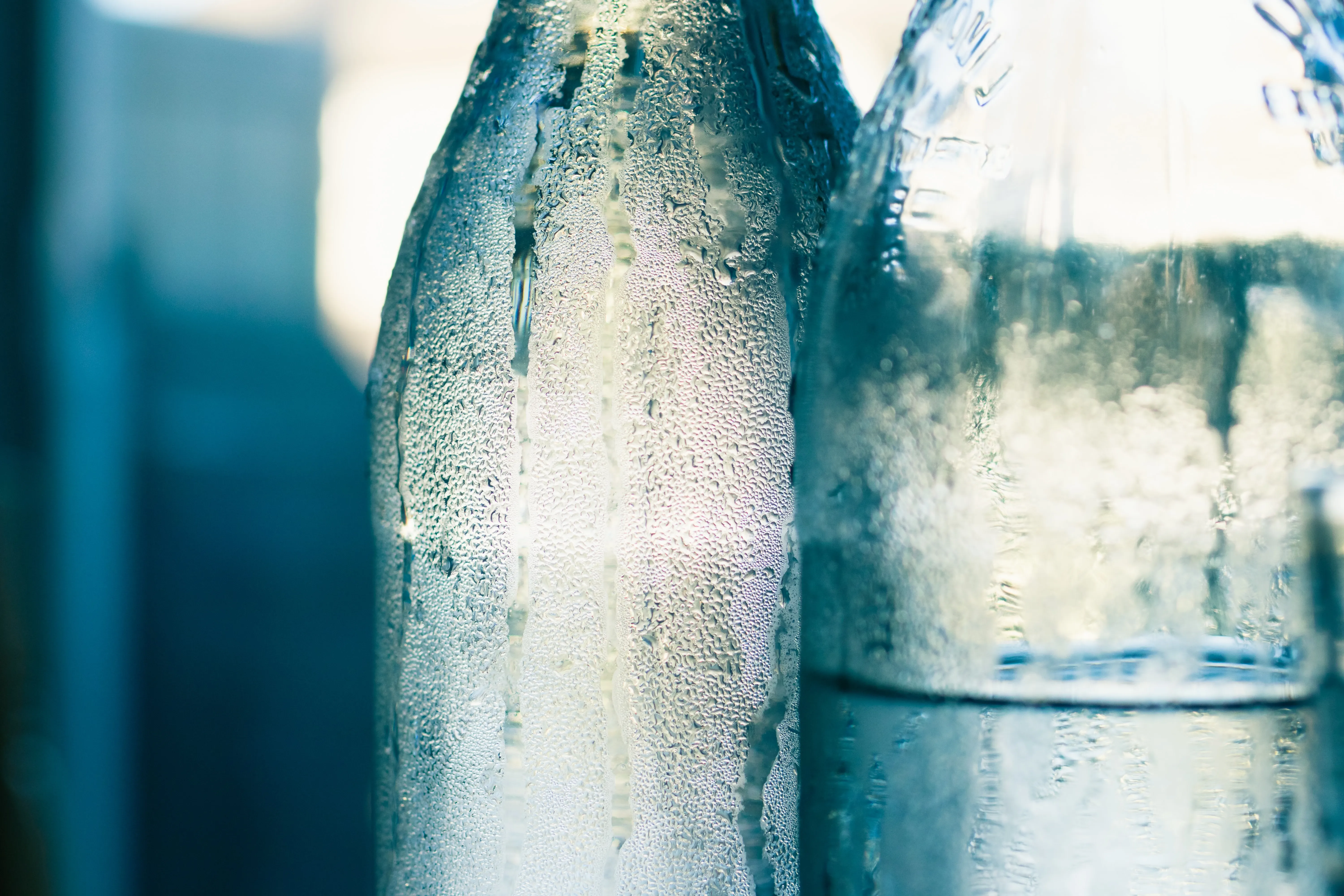
Putting It All Together: How to Stay Hydrated
Now that we understand the importance of hydration for women at midlife, let's explore some practical tips to ensure you stay well-hydrated and reap the benefits of proper fluid intake.
Set a Daily Hydration Goal: Aim to drink at least 8-10 cups (64-80 ounces) of water per day. Keep a reusable water bottle with you, and make it a habit to sip water regularly throughout the day. You can also download water apps for your mobile phone to keep you on track.
Listen to Your Body: Pay attention to your body's signals of thirst. As we age, our thirst sensations may not be as strong, so make a conscious effort to drink water even if you don't feel extremely thirsty.
Stay Mindful of Beverages: Limit the consumption of sugary and caffeinated drinks, as they can contribute to dehydration. If you drink coffee, do so with a glass of water. Water is the best option for staying hydrated, but herbal teas and infused water can also add variety to your hydration routine.
Hydrate Before, During, and After Exercise: If you engage in physical activities, drink water before, during, and after your workout to replenish lost fluids and support optimal performance. Dehydration can lead to an increased risk of heat-related illnesses. during exercise. When dehydrated, the body has a harder time regulating its temperature, leading to a higher risk of heat exhaustion or even heatstroke during intense workouts. Moreover, dehydration reduces blood volume, making it more difficult for the heart to pump oxygen and nutrients to muscles efficiently.
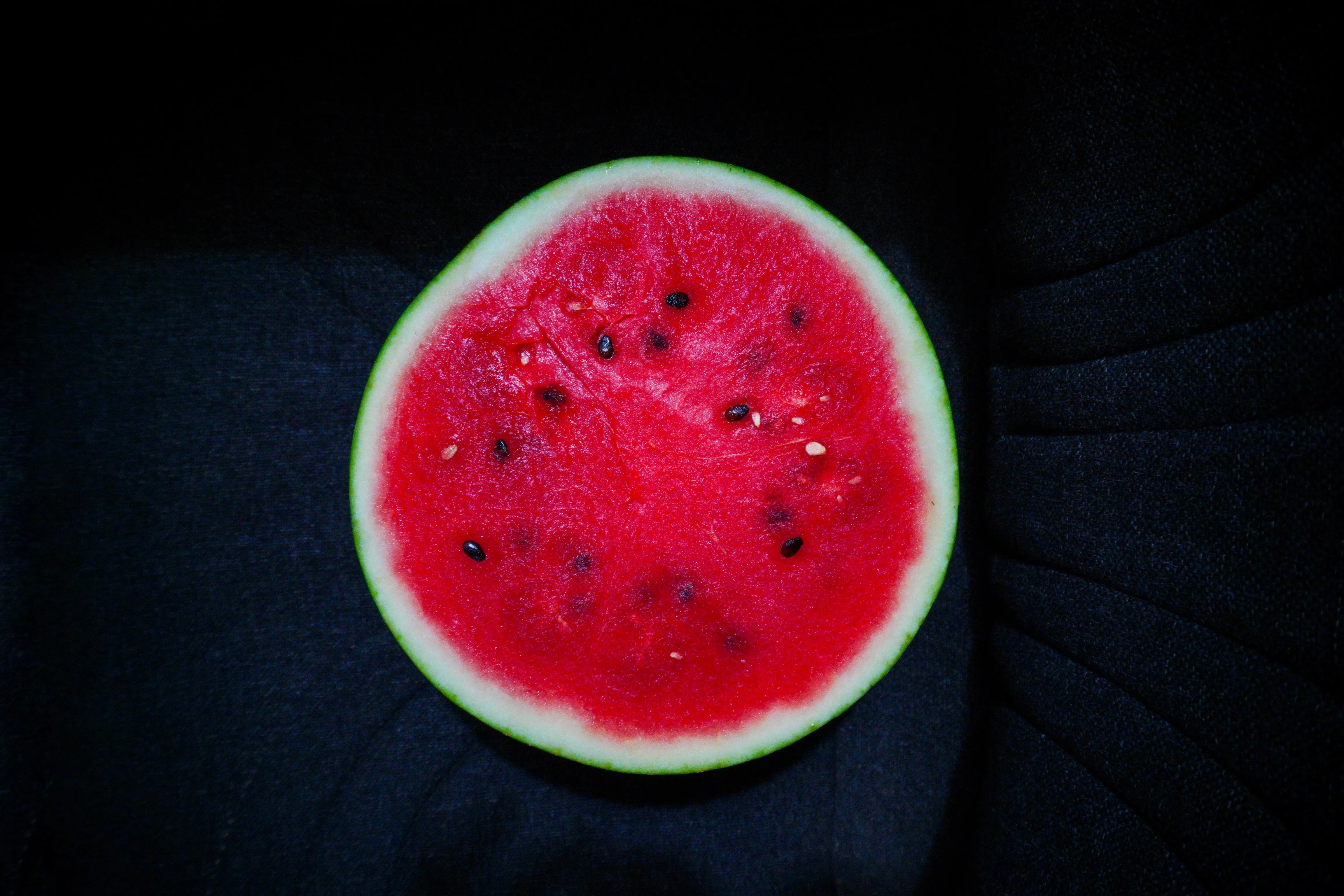
Include Hydrating Foods in Your Diet: Many fruits and vegetables have high water content and can contribute to your overall hydration. Watermelon, cucumbers, oranges, and celery are excellent hydrating options.
Create Hydration Habits: Make it a habit to drink a glass of water before meals or set reminders on your phone to prompt you to take regular sips throughout the day.
Consider Electrolytes: If you're engaging in prolonged or intense physical activity, consider adding electrolyte-rich beverages or supplements to help maintain your body's electrolyte balance.
Hydrate During Menopause: For women going through menopause, hormonal changes can lead to increased perspiration and hot flashes. Stay proactive in your hydration efforts during this time.
Set a Bedtime Routine: Hydrate well throughout the day and consider having a small glass of water before bedtime to maintain hydration during the night.
Temperature and Climate Considerations: Environmental factors, such as temperature and climate, can significantly influence hydration needs. During hot weather or in regions with high temperatures, the body tends to lose more water through sweat. Additionally, air conditioning and indoor heating can contribute to dehydration, as they can cause the skin to lose moisture. It is essential for women at midlife to adjust their water intake based on their surrounding climate and temperature to maintain proper hydration levels and support overall well-being.
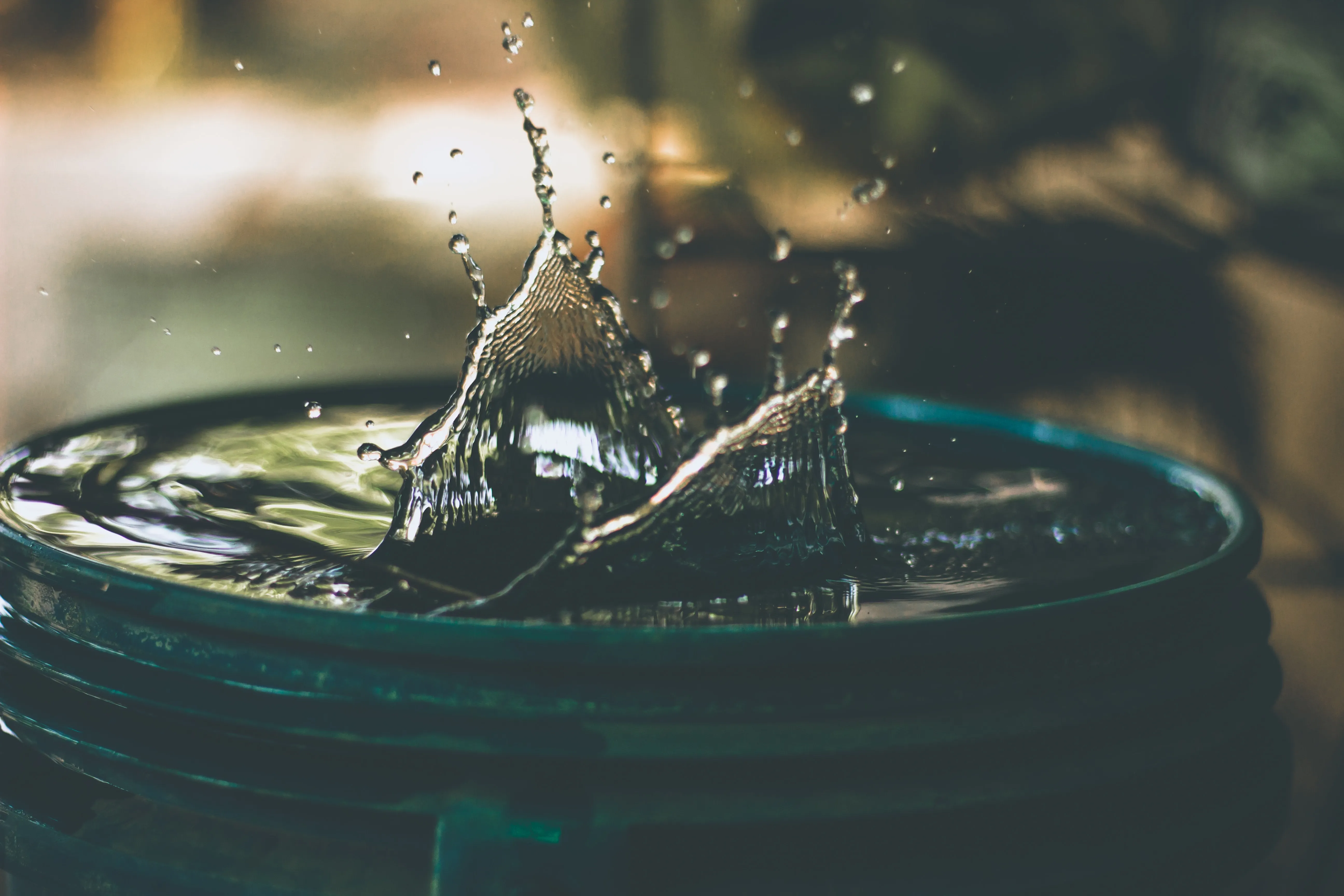
Cheers!
As women navigate the transformative phase of midlife, the importance of hydration becomes increasingly evident. Proper hydration impacts nearly every aspect of a woman's health, from supporting organ function and joint health to promoting cognitive sharpness and energy levels. Staying hydrated is a simple yet powerful way to care for your body and ensure you thrive during this life stage.
So, let's raise a glass of water to celebrate the incredible journey of womanhood at midlife. Remember, you're not alone in this, and with a little knowledge and a supportive community, you can embrace this chapter with confidence and vitality. Stay hydrated, my friend, and keep shining bright!







